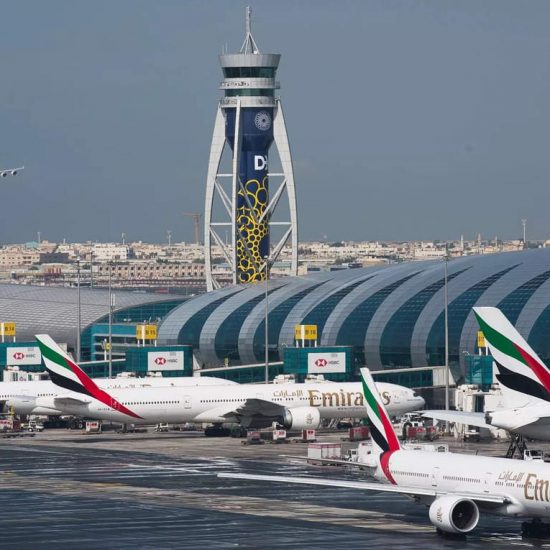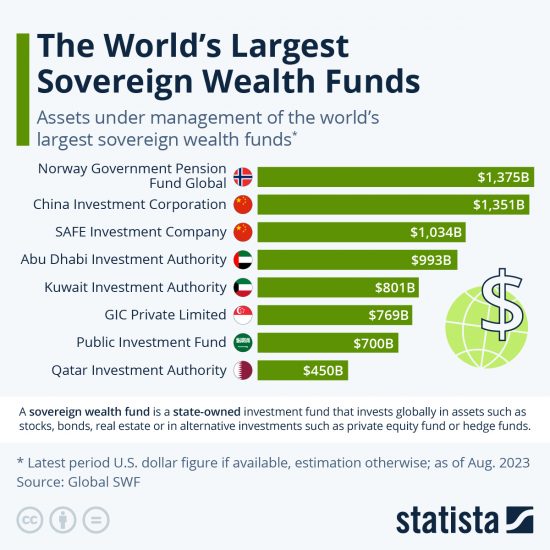 The United Arab Emirates, the second-biggest Arab economy, is considering a tax on remittances, according to three bankers with knowledge of the plan.
The United Arab Emirates, the second-biggest Arab economy, is considering a tax on remittances, according to three bankers with knowledge of the plan.
The federal Ministry of Finance has sent a circular to banks proposing the tax and invited suggestions from them on the levy, the bankers said, asking not to be identified because the information is private. The ministry plans to hold talks with financial institutions about the tax rate, two bankers said. The ministry didn’t respond to an e-mail seeking comment.
This “looks like a preliminary discussion that I would not expect to lead to policy action,” Simon Williams, the chief Middle East economist at HSBC Holdings Plc (HSBA) in Dubai, said in an e-mail today. “Implementation would be extraordinarily difficult, and would likely offer only very limited returns.”
About 80 percent of the 8.3 million people who live in the U.A.E. are foreigners, including workers from the Indian sub-continent, the Philippines and Europe. Remittances from the Gulf country, which holds about 6 percent of the world’s proven oil reserves, rose 9.5 percent to 45.1 billion dirhams ($12.3 billion) last year, according to data on the central bank website. U.A.E. residents pay no income tax.
Economic growth in the U.A.E. is catching up with regional peers, powered by an expansion in non-oil industries. The nation’s gross domestic product is forecast to grow 3.9 percent in 2013, according to the median estimate of 18 economists in the Bloomberg Middle East Economic Survey earlier this week.
Growth Rebounding
The U.A.E. economy has lagged behind Saudi Arabia and Qatar since Dubai, its commercial, banking and tourism hub, teetered on the brink of default in 2009. The country’s non-oil economy is forecast to expand 4.5 percent this year, the fastest pace since 2008, according to data compiled by Bloomberg and estimates from the Washington-based International Monetary Fund.
The U.A.E. has the biggest banking market in the six-nation Gulf Cooperation Council, which also includes Saudi Arabia and Qatar. Fifty-one banks operate in the country, including units of HSBC, Citigroup Inc. (C) and Barclays Plc. (BARC)
Global remittance flows to developing countries is estimated to have reached $406 billion in 2012, a 6.5 percent increase over the previous year, according to data from the World Bank in November. Growth in remittances to developing countries is projected to accelerate over the next three years, with an increase of 10.7 percent to $534 billion in 2015, it said.
India with $70 billion and China with $66 billion were the two biggest recipients of officially recorded remittances, according to the World Bank, followed by the Philippines and Mexico with $24 billion and Nigeria with $21 billion.-Bloomberg








